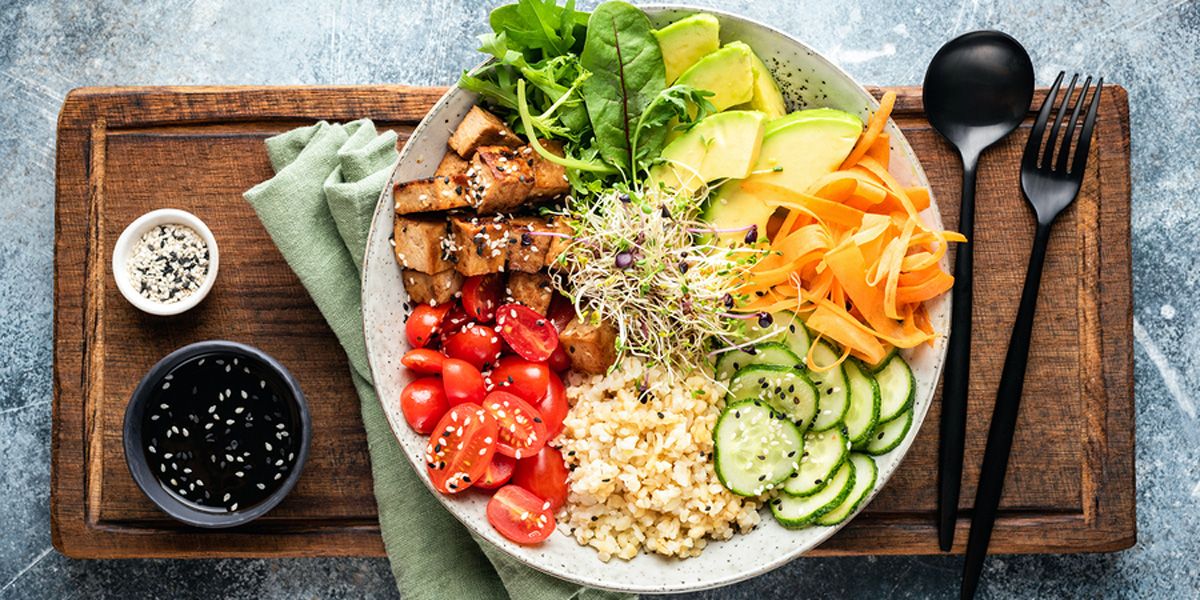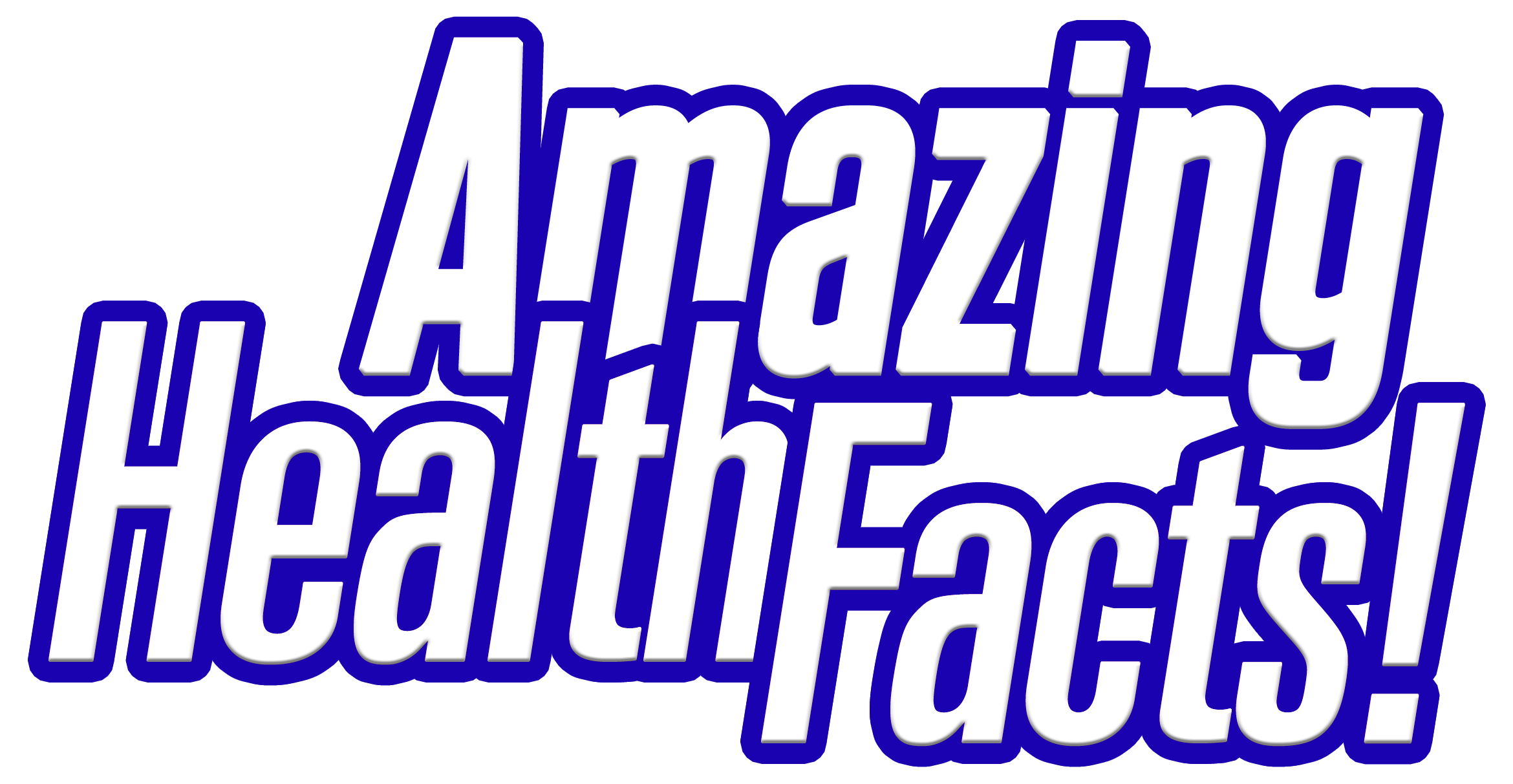
Health Bites
Supercharge Your Diet

Did you know the number one country for vegetarianism is India? Almost 29 percent of the population there eat a vegetarian or vegan diet. Second and third place go to Israel and Australia, respectively. Every day, more research confirms that a plant-based diet is the healthiest and goes the furthest in helping to prevent the major chronic diseases we all want to avoid.
But there’s much more to healthy eating than simply consuming plantbased foods. Vegans, for example, eat a totally plant-based diet—yet not all vegans are healthy. You can actually be eating a plant-based diet and still have unhealthy eating habits. For instance, you could eat corn chips and French fries and drink soda at every meal—technically you would be a vegan, but you couldn’t expect to maintain good health on such a diet! So, what can we do to supercharge our diet? Here are three important considerations:
- Besides eating plant-based foods, we should concentrate on eating a broad variety of fruits, vegetables, greens, nuts, grains, seeds, and legumes. God has provided us with an assortment of foods for a reason. By consuming a generous variety of them, you will more likely provide your body with all the vitamins, minerals, and other micronutrients it needs to stay healthy.
- It’s also important to eat whole foods—that is, foods that are as close to their natural “as grown” state as possible. For instance, there’s a significant difference between potato chips and a plain baked potato, and everyone knows which is healthier.
- To move beyond the basics and refine your eating for maximum benefit, make sure you are adding plenty of superfoods to your cuisine. Superfoods are those that are high in phytochemicals—antioxidants and other potent nutrients that protect our DNA from harmful processes, reduce inflammation, and minimize cell damage in the body. Some examples of superfoods are sweet potatoes, butternut squash, dark-colored berries such as blueberries and strawberries, dark green vegetables, nuts, tomatoes, beets, cruciferous veggies like broccoli and kale, onion, garlic, beans, dark grapes, whole grains, dark cherries, and cranberries. Most of the best, nutrient-packed foods are dark or bright in color.
Of course, to avoid sabotaging all the benefits these foods will add to your diet, there are two things you will want to minimize or eliminate altogether. Refined sugar is especially detrimental. The sugar that occurs naturally in fruits and some grains and vegetables is generally healthy in moderation because it comes packaged with fiber and other plant elements. And because it is unrefined and in its raw state, it is absorbed much more slowly by the body—which helps to prevent harmful spikes in blood sugar.
The other ingredient you will want to use sparingly, if at all, is oil. Here again, oils do occur naturally in some grains, fruits, and vegetables, but those are nearly always safe in moderation. It is the processed oils that can easily cause trouble. Indeed, those who are on diets to reverse heart disease avoid oil or grease in any form, because research has shown that oil damages the protective endothelial cells lining the arteries. What we eat is critical to our physical, mental, and spiritual well-being. So remember: If you can eat a good variety of whole foods in your plant-based diet, add plenty of superfoods, and avoid the oil and sugar traps, then you’re likely to reap great benefits for your overall health!
